Jun 14, 2023
Cate Howell
anxiety , men , mensmentalhealth
- Men face certain barriers to reaching out for help, and tragically suicide is the leading cause of death in young men
- For men's mental health week, Dr Cate Howell offers her 10-step toolkit for anxiety.
Life is full of amazing moments, as well as tough times. Men experience a range of mental health issues, including depression, anxiety, substance-related issues, autism, post-traumatic disorder and others. Suicide rates in men are three times higher than for women and are a leading cause of death in young men around the world.
In recent years, the Covid pandemic brought many challenges, including uncertainty and social isolation. And currently many men are experiencing stress and anxiety, whether related to the recent pandemic, the rising costs of living, loss of meaningful employment or the effects of social media.
Let’s focus on stress and anxiety, and consider Chris’s story for a moment:
Chris, a 37-year-old podiatrist, had been experiencing worrying symptoms including palpitations and dizziness. He found that he could not think at work when the symptoms came on. Chris had started his own business just prior to the pandemic, creating a lot of stress, especially during Covid lockdowns. He was the main financial provider in his family and was also studying a Diploma to expand his expertise and services. He felt more distracted and irritable and this was affecting his home life.
With clients such as Chris, the aim is always to provide a supportive space to work through the challenges, and over time to reduce stress and anxiety. Part of the work is sharing information about stress and anxiety and having a range of strategies or tools to use.
The nature of stress and anxiety
Stress comes from demands on us, such as earning money, finding time to get to the gym, or meeting the needs of partners or family. Anxiety is a normal feeling, related to fear and keeping us safe. It is often felt in situations that are very stressful, or where there is a perceived ‘threat’ (for example, going to a job for a job interview). Feeling some stress or anxiety can help us to perform better, but when there is too much of it, performance can be affected.
Anxiety can feel awful and can interfere with life. It is often about something that might happen in the future and can be recognised by experiences in the body and mind, such as racing thoughts or shallow breathing, a feeling of dread, sweating, muscle tension, more frequent headaches, feeling angry or having difficulties with sleep or sex drive. Anxiety often leads to avoidance of activities which might trigger anxious feelings.
The factors which can play a role in causing or worsening anxiety include the level of life stress, life experiences, some health issues and drugs, our genetics, personality traits, particular thinking styles and coping skills, and loneliness. There is a growing recognition of loneliness and disconnection felt by men and their impacts on mental health.
Anxiety disorders
Experiencing stress or anxiety is very different from having an anxiety disorder. When anxiety is severe, or it persists and impacts our ability to function, it might fit with a disorder. Anxiety disorders are very common in the community. However, men often seek help for anxiety later than women and are more likely to use substances to deal with the anxiety symptoms.
There are different kinds of anxiety disorders including social anxiety (fear of social embarrassment or being thought of negatively by others); panic disorder (repeated episodes of severe anxiety) or generalised anxiety disorder (worrying a lot of the time).
Related disorders include obsessive compulsive disorder, post-traumatic stress disorder and illness anxiety disorder (pre-occupation with having a serious disease).
A word on men and barriers to seeking help
We know that men are less likely than women to seek help for mental health issues, and they may delay in reaching out. Reasons for this may be come from community stigma, and ideas about masculinity; that male means being ‘strong’ and feeling anxious or seeking help means being ‘weak.’ This can trigger shame and make it very hard to share issues such as anxiety with anyone else. However, it takes great strength to recognise there are issues and to talk to someone about them, and it is time that the barriers are removed.
Tools to reduce stress and anxiety
When working with a therapist, tools to manage anxiety can be shared and practiced.
Here are 10 tools that we know can be helpful for men impacted by anxiety. Consider including them in your tool kit:
1. Understand how the body responds to stress and anxietyThis includes the fight–flight–freeze response. Stress hormones are released resulting in increased heart rate and breathing to get more oxygen around the body, and in blood going to the muscles to run away or fight the threat. Understanding what is happening can relieve worry.
2. Focus on a healthy lifestyleLimit substances such as alcohol and caffeine, have regular exercise, focus on improving sleep, connecting with other people, regularly disconnecting from phones and other devices and getting out into nature.
3. Talk with someone you trust and have a check-upSharing a worry with family or friends can help, and it is important to consider seeing a doctor for a check-up. A therapist can listen and offer support, and work through various approaches with you.
4. Reduce your ‘stress bucket’ and learn to relaxOur internal ‘stress bucket’ can hold a certain amount of stress or anxiety but demands in life can fill it right up. The opposite of feeling stressed is feeling relaxed, and so learning relaxation techniques such as effective breathing or muscle relaxation can help reduce the stress level.
You may prefer a more active form of relaxation such as exercise or doing activities that you enjoy.
5. Utilise mindfulness or being present, on purpose, in the momentIt is through everyday mindfulness (being mindful in the shower, when eating or exercising) or specific mindfulness strategies that lead us to not only enjoy the moment, but also to rewire the brain for more calmness.
6. Identify some of the things causing stress and anxietyThis might include things like financial or relationship problems. We can also work on any ‘internal’ causes of stress such as placing high expectations on ourselves, and problem-solve some of the issues one at a time.
7. Tap into talking therapiesThese that have been shown to help with anxious thoughts and feelings, and include cognitive behaviour therapy, acceptance and commitment therapy and mindfulness-based approaches. For long-term anxiety that may have its roots in the past, a relational or psychodynamic therapy may help too.
If sitting down and talking is challenging, some therapists will offer walk and talk sessions to assist.
8. Be more self-compassionateSometimes thinking is very self-critical, and self-compassion involves being mindful of these thoughts, recognising that we are all human and mess up sometimes, and developing kinder thoughts about ourselves.
9. Find resourcesIt can be useful to look at websites focusing on self-help or to read books.
The Changing Man was written as we recognised the need for change in relation to men’s mental health and wellbeing, and we saw that men were wanting that change. We aimed to provide information and support for men experiencing issues related to their mental health and wellbeing.
There are also helpful podcasts, apps and online programmes.
10. Consider complementary therapies or medicationSome men find complementary therapies such as supplements or acupuncture helpful. When anxiety is severe and impacting your day-to-day functioning, medications in combination with talking therapies may be suggested.
Stress and anxiety are part of life, but at times they can significantly impact men’s wellbeing. Let’s go back to Chris’s story:
Chris had a check-up and saw a therapist. Understanding the symptoms helped a great deal, as did learning some breathing and mindfulness techniques. He saw a business advisor about his practice and making some changes with it helped relieve some of the financial stress. Chris decided to reduce the number of subjects he was studying and shared the information about anxiety with his partner. The whole family went for a walk each day, and Chris’s symptoms gradually improved.
Remember that one tool or approach may not suit every man, so it is worth exploring a range of them to find out what is most helpful for you. Having support from a doctor and therapist can assist, and practicing the different tools, such as mindfulness, is vital. The best advice is to keep adding to the tools in your tool kit and to keep practising!
Dr Cate Howell and her son Alex Barnard are the authors of The Changing Man: A Mental Health Guide
From Welldoing.org
- We have therapists and counsellors who specialise in supporting men – find them here
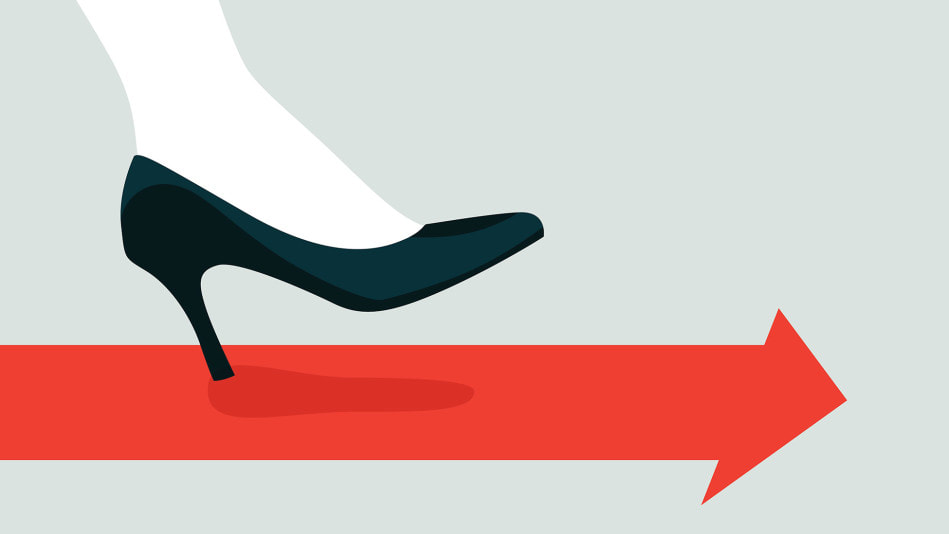
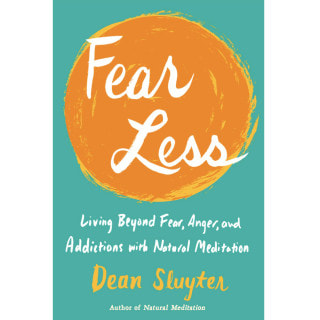
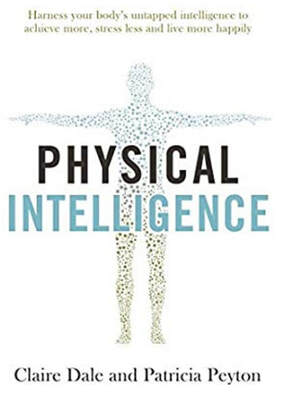


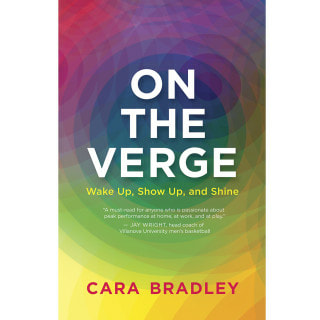






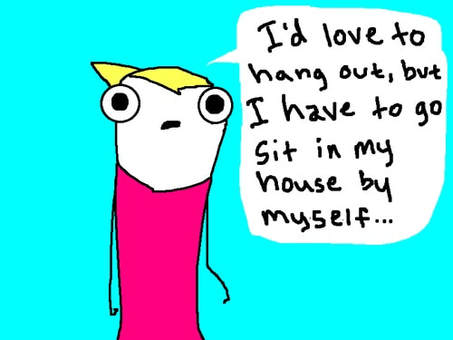

 RSS Feed
RSS Feed